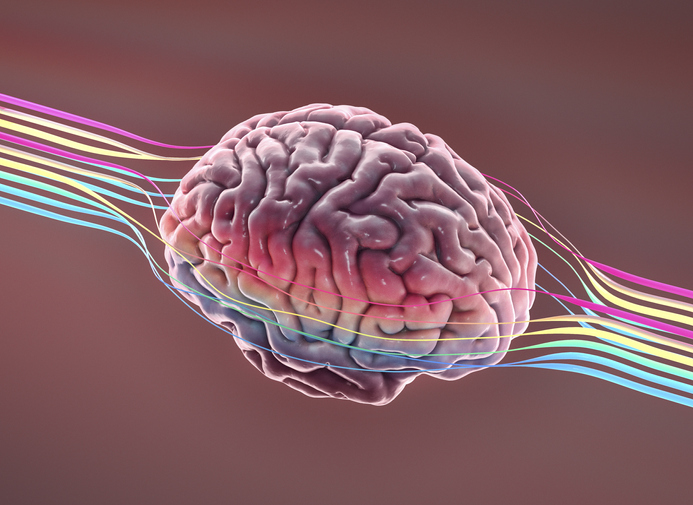The drug in question is lecanemab, an investigational anti-amyloid beta (Aβ) protofibril antibody for the treatment of mild cognitive impairment (MCI) due to Alzheimer’s disease (AD).
Japanese pharma group, Eisai, serves as the lead of the development of the drug and is responsible for regulatory submissions globally, while both it and US company, Biogen, are co-commercializing and co-promoting the product.
The results of Clarity AD, a global Phase 3 placebo-controlled, double-blind, parallel-group, randomized study in 1,795 people with early AD, showed that lecanemab reduced patient clinical decline by 27% when compared to a placebo after 18 months of the infused treatment. Patients were monitored using a scale that measures how they performed in areas like memory, judgement, problem solving and personal care.
“Today’s announcement gives patients, and their families hope that lecanemab, if approved, can potentially slow the progression of Alzheimer’s disease, and provide a clinically meaningful impact on cognition and function,” said Michel Vounatsos, CEO, Biogen. “Importantly, the study shows that removal of aggregated amyloid beta in the brain is associated with a slowing of disease in patients at the early stage of the disease.”
Haruo Naito, CEO, Eisai, also commented on the findings: “The lecanemab Clarity AD study results prove the amyloid hypothesis, in which the abnormal accumulation of Aβ in the brain is one of the main causes of Alzheimer’s disease, when targeted with a protofibril-binding therapy. Eisai believes these findings will create new horizons in the diagnosis and treatment of Alzheimer’s disease as well as further activate innovation for new treatment options.”
